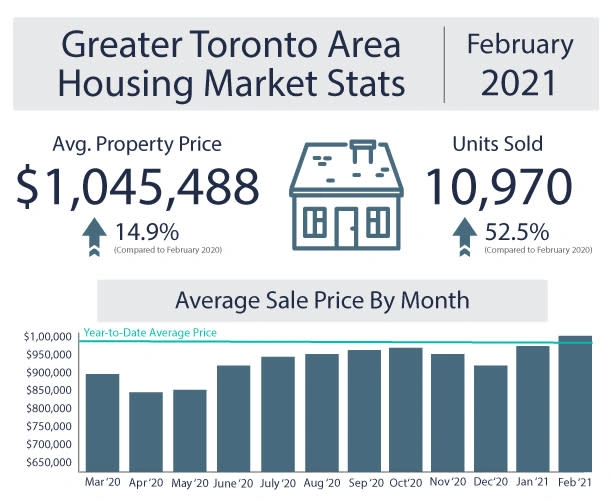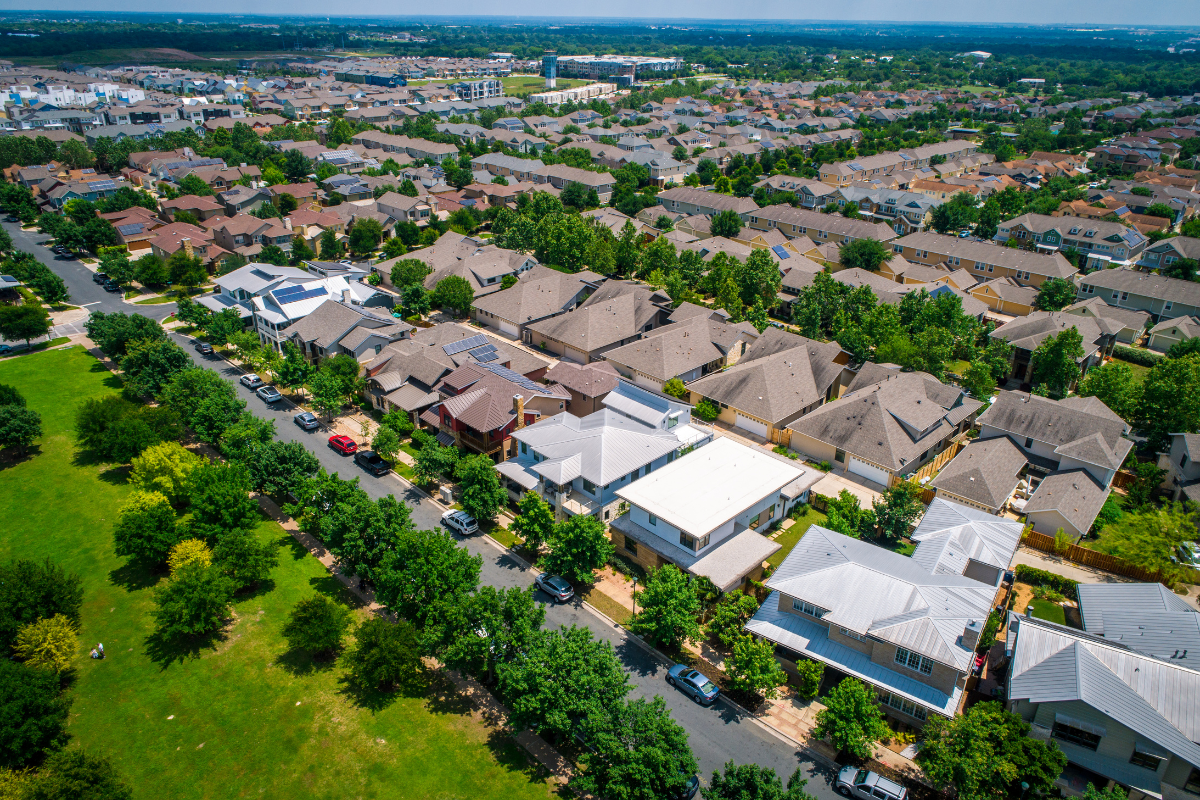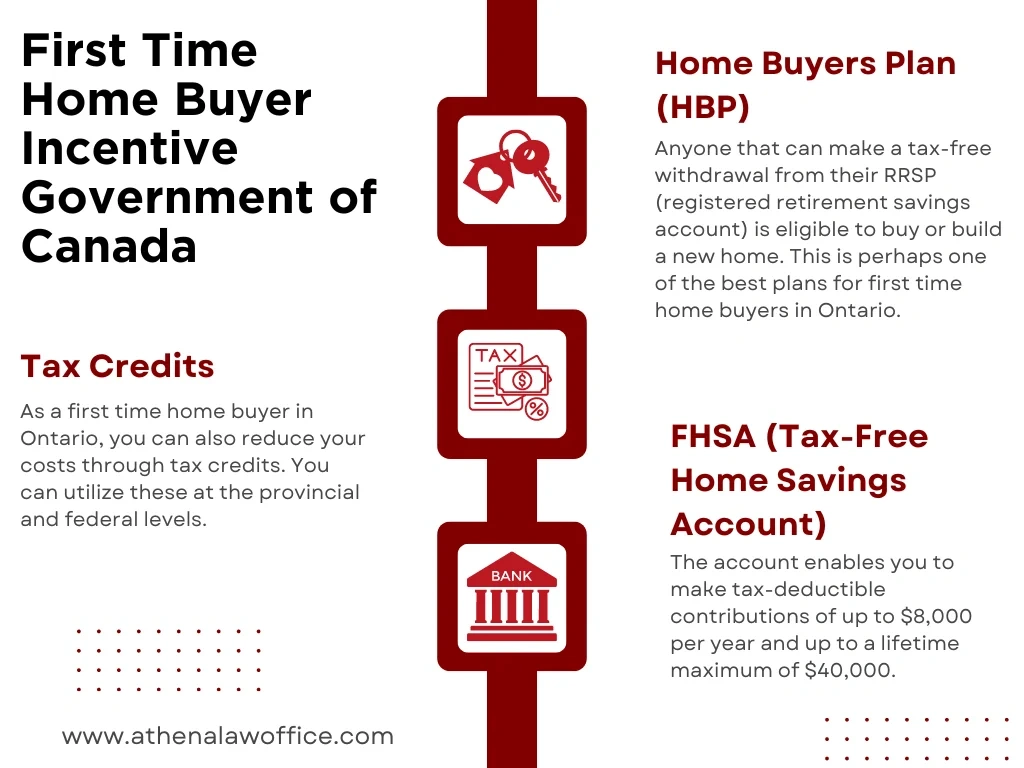The condo market Greater Toronto Area is experiencing unprecedented changes, with prices projected to drop between 15-20% from their 2023 peak by the end of this year. This dramatic shift has created both challenges and opportunities for potential buyers facing the age-old dilemma: pre-construction or resale?
As we analyze the toronto condo market forecast 2025, several factors are reshaping the landscape. Condo sales across the GTA have dropped 12.1% year-over-year, while approximately 31,000 new units are expected to be completed this year. Meanwhile, the average asking price for new, unsold condos fell to $1,524 per square foot in Q4 2024—a 10% decline from the three-year peak reached in Q3 2022. Furthermore, the resale market is feeling similar pressure, with prices declining 1.6% across the GTA in early 2025.
With interest rate cuts on the horizon, housing affordability pressure, new government incentives, and growing rental demand all influencing the 2025 housing market, the choice between pre-construction and resale has never been more consequential. Additionally, the Toronto market started 2024 with approximately 6,300 active condo listings and nearly doubled to 12,000 by year-end—creating a significantly different buying environment than what we’ve seen in previous years.
In this guide, we’ll break down everything you need to know about both pre-construction and resale options in the GTA for 2025, helping you make the most informed decision based on your specific needs, timeline, and investment goals.
Understanding Pre-Construction and Resale Homes

Image Source: Fivewalls
Before diving into the decision between pre-construction and resale properties, it’s essential to understand what each option truly represents in the GTA real estate landscape.
What qualifies as a pre-construction property in the GTA?
A pre-construction property is one purchased before it’s built, typically from a developer’s floor plans or model units. Buyers sign a contract and pay a deposit with the understanding that the home will be completed in the future—often taking 1-3 years or more. These properties generally include:
- High-rise condominiums
- Townhouses
- Detached or semi-detached homes in new subdivisions
Pre-construction properties allow for significant customization opportunities. Buyers can select finishes, layouts, and sometimes even make structural changes. This personalization aspect appeals particularly to those wanting a home tailored to their specific preferences without the renovation costs associated with older properties.
The deposit structure for pre-construction differs notably from resale, typically requiring 15-25% of the purchase price spread over the build cycle, rather than one lump sum payment.
How resale homes differ in terms of availability and process
Conversely, a resale property is a home that has already been bought and is being sold by its current owner. These previously owned properties are immediately available for viewing, inspection, and purchase. Resale homes encompass:
- Detached houses
- Semi-detached houses
- Townhouses
- Condominiums
- Duplexes
The buying process for resale properties moves more rapidly, with closing dates potentially as short as 30-90 days. Resale homes require a deposit of approximately 5% of the purchase price, usually payable within 24 hours of accepting an offer.
One of the most compelling advantages of resale properties is the “what you see is what you get” factor—buyers can tour the actual property, inspect its condition, and know exactly what they’re purchasing.
Why this comparison matters in 2025
As we move through 2025, this comparison becomes especially relevant due to several market factors:
- Interest rate cuts from the Bank of Canada have sparked renewed buyer interest
- Housing affordability pressure remains high across the GTA
- Government incentives include first-time buyer rebates and development fee reductions
- Immigration and housing supply shortages have pushed rental rates higher
For buyers entering the condo market Toronto in 2025, understanding these differences is crucial because pre-construction properties are typically priced lower than comparable resale properties at the initial purchase stage. However, resale homes generally offer more immediate value—they’re move-in ready and don’t require waiting through construction phases that may extend into 2027 or beyond.
The toronto condo market forecast 2025 suggests both options present unique opportunities and risks. Ultimately, this comparison matters because the choice between pre-construction and resale will significantly impact not just your immediate living situation, but also your long-term financial position in an evolving GTA condo market.
Pros and Cons: Pre-Construction vs Resale in 2025
Choosing between pre-construction and resale properties in the GTA requires careful consideration of each option’s unique advantages and limitations, given the current market conditions.
Pre-construction advantages: customization, pricing, and warranties
Pre-construction properties offer extensive customization opportunities, allowing buyers to select finishes, layouts, and sometimes even modify floor plans to match personal preferences. This level of personalization creates a home tailored specifically to your needs without the renovation costs associated with older properties.
First, the deposit structure for pre-construction is typically more manageable, with payments spread over 12-18 months rather than requiring the full amount upfront. This phased approach—usually 5% on signing, 5% at 90 days, 5% at 180 days, and the final 5% after one year—makes homeownership more accessible.
Furthermore, new builds come with comprehensive warranty protection. In Ontario, Tarion warranty coverage includes one-year coverage for defects in work and materials, two-year coverage for major systems, and seven-year coverage for major structural defects. Additionally, modern pre-construction homes incorporate energy-efficient systems and smart technologies that translate to long-term utility savings.
Pre-construction drawbacks: delays, fees, and financing risks
Despite their appeal, pre-construction homes come with significant risks. Construction delays are common, potentially extending your wait time by months or even years. Moreover, project cancelations pose a real threat—in 2022 alone, approximately 10,000 condo units in the GTA were expected to be canceled.
Equally concerning are the hidden costs. Development charges, assignment fees, and HST (which can reach up to $62,701 on qualifying new builds) can substantially increase your financial burden. Interim occupancy periods create another expense, where buyers pay occupancy fees before officially taking ownership.
The most significant financial risk emerges at closing time. If property values decline during construction or interest rates rise, you might face difficulty qualifying for a mortgage at completion, potentially losing your deposit and facing legal consequences.
Resale benefits: immediate occupancy and transparent pricing
The most compelling advantage of resale properties is immediate availability—you can move in shortly after closing, typically within 30-90 days. This eliminates the uncertainty of construction timelines and provides a concrete “what you see is what you get” assurance.
Another benefit involves lower initial costs—resale homes can be purchased with as little as 5% down payment, compared to the 15-25% typically required for pre-construction. Price negotiation flexibility offers another advantage, as market conditions and seller motivation can create opportunities for better deals.
Resale homes often sit in established neighborhoods with mature landscaping, existing infrastructure, and a developed sense of community—factors that can significantly enhance quality of life.
Resale limitations: older infrastructure and higher upfront costs
Nevertheless, resale properties come with their own challenges. Older homes frequently require ongoing maintenance and repairs, with aging systems like plumbing, electrical, or roofing potentially needing costly updates.
Additionally, most resale properties were built before modern energy efficiency standards, potentially resulting in higher utility bills. While the initial purchase may seem more affordable, the long-term cost of ownership can be higher due to these factors.
Finally, the competitive nature of the resale market in desirable GTA neighborhoods often leads to multiple offers, driving up purchase prices and creating bidding war situations that can push properties beyond their actual value.
Cost Breakdown: What You’ll Pay for Each Option
Cost Breakdown: What You’ll Pay for Each Option
Understanding the financial requirements for each property type is crucial when navigating the GTA condo market in 2025. The cost structures differ substantially between pre-construction and resale properties, affecting both short-term affordability and long-term investment value.
Deposit structure: 15–20% over time vs 20% upfront
Pre-construction properties typically require a 15-20% deposit structured in installments over the construction period. For instance, buyers might pay 5% upon signing, followed by additional 5% payments at 30, 90, and 180 days. This gradual payment schedule makes initial cash flow management more accessible for many buyers.
In contrast, resale properties demand a standard 20% down payment delivered at once upon closing to avoid CMHC insurance premiums. First-time buyers can utilize the Home Buyers’ Plan to withdraw up to $35,000 from their RRSP tax-free for this down payment, an option available for both property types.
Closing costs: development charges vs standard legal fees
Pre-construction purchases include additional closing expenses that resale buyers avoid. Development charges can range from $10,000-$30,000 depending on the municipality and unit size. Furthermore, pre-construction buyers face levies like education taxes, park fees, and utility connection charges.
Resale properties involve more straightforward closing costs—typically 1.5-4% of the purchase price—covering legal fees, title insurance, and property inspections without the development-related surcharges.
HST and land transfer tax differences
HST applies to new constructions but not resale homes, adding 13% to the purchase price. Although builders typically include HST in the advertised price, investors who don’t plan to occupy the property themselves might face HST rebate clawbacks.
Land transfer tax affects both property types but hits harder for resale buyers who pay immediately upon closing. Meanwhile, pre-construction buyers delay this expense until construction completes, sometimes years later.
Maintenance and renovation costs: new vs old homes
New pre-construction units benefit from warranty coverage and modern building standards, resulting in lower initial maintenance costs. Additionally, most new developments include energy-efficient systems that reduce monthly utility expenses by 20-30% compared to older buildings.
Conversely, resale properties often require immediate renovations averaging $5,000-$20,000 for basic updates. Older condos typically have higher maintenance fees due to aging infrastructure and upcoming major repairs that reserve funds might not fully cover.
Investment Potential and ROI Outlook
Investment Potential and ROI Outlook
Evaluating investment potential requires looking beyond initial costs to understand the long-term financial implications of each property type in today’s evolving real estate landscape.
Rental income: resale cash flow vs pre-construction future gains
Resale properties offer immediate rental income, helping offset mortgage costs from day one. Consequently, cash-flow oriented investors often prefer this option for its predictability. Pre-construction properties, on the other hand, provide no income during the building phase but offer the advantage of future rental rates potentially 4% higher annually than current rates. This means buying at today’s prices while charging rent based on market rates 3-5 years from now.
Appreciation trends: toronto condo market forecast 2025
The toronto condo market forecast 2025 indicates prices will likely drop 15-20% from their 2023 peak, with approximately 10% of this decline occurring this year. Furthermore, slowing population growth and economic uncertainty from trade tensions are keeping potential buyers sidelined. Yet long-term investors recognize that despite current corrections, Toronto’s fundamentals as a growing, economically diverse city remain intact.
Assignment sales and exit strategies for pre-construction
Assignment sales—selling a pre-construction contract before completion—can be beneficial for both parties. Sellers gain immediate liquidity while avoiding occupancy fees and closing costs, whereas buyers often secure better deals with less competition than in the resale market. Indeed, these transactions typically come with warranty coverage and faster move-in timelines. Nevertheless, profits face substantial taxation—13% HST plus up to 53% income tax for individuals or 26% for corporations.
Flipping and renovation ROI for resale homes
Certain renovations yield impressive returns in the GTA. Kitchen upgrades deliver 75-100% ROI, bathroom remodels 70-90%, and fresh paint often exceeds 100% return. Interior refreshes and energy-efficient improvements typically offer 60-90% returns. Even modest exterior updates can improve perceived home value by up to 15%. Nonetheless, flippers should note the anti-flipping rule makes profits from properties sold within 12 months fully taxable as business income.
Who Should Buy What? Buyer Profiles and Use Cases
Image Source: Athena Law Office
Selecting the ideal property type in the GTA market ultimately depends on your specific situation and goals.
First-time buyers: affordability and entry points
First-time buyers often gravitate toward resale properties, as they can enter with as little as 5% down payment. Given that the average Toronto condo price sits at CAD 919,617.73 versus CAD 1,295,824.99 for a family home, condos represent a substantial saving of almost CAD 418,008.06 for initial market entry.
Long-term investors: capital growth vs cash flow
Pre-construction works best for investors planning 7-10 year horizons who can manage without immediate income. These buyers essentially purchase at today’s prices while banking on future appreciation. Alternatively, resale properties appeal to cash-flow focused investors seeking immediate rental income to offset monthly carrying costs.
Families and end-users: space, schools, and timelines
Established neighborhoods with resale properties offer immediate community integration and mature infrastructure. However, families should investigate school capacity issues, as many Toronto developments display signs warning new residents not to expect space in local schools. Pre-construction increasingly includes family-friendly amenities like children’s playrooms and larger units.
Risk-averse vs risk-tolerant buyers
Risk-averse buyers prefer resale’s “what you see is what you get” certainty. The simplest decision framework: if you need immediate occupancy or guaranteed rental income, choose resale; if you’re confident in GTA’s population growth exceeding supply over the next 3-5 years, consider pre-construction.
Comparison Table
| Feature | Pre-Construction | Resale |
| Deposit Structure | 15-25% spread over build cycle (5% intervals) | 5-20% upfront |
| Closing Timeline | 1-3 years or more | 30-90 days |
| Warranty Coverage | Tarion warranty: 1-year defects, 2-year major systems, 7-year structural | Limited to any remaining existing coverage |
| Customization | Extensive (finishes, layouts, structural changes) | Limited to post-purchase renovations |
| Additional Costs | – Development charges ($10,000-$30,000) – HST (13%) – Assignment fees – Interim occupancy fees |
– Standard legal fees (1.5-4% of purchase price) – Immediate maintenance/renovation costs ($5,000-$20,000) |
| Energy Efficiency | Modern systems with 20-30% lower utility costs | Generally less efficient, higher utility costs |
| Investment Benefits | – Future rental rates potentially 4% higher annually – Assignment sale opportunities – New building amenities |
– Immediate rental income – Immediate occupancy – Price negotiation flexibility |
| Primary Risks | – Construction delays – Project cancelations – Financing qualification at closing – Hidden costs |
– Aging infrastructure – Higher maintenance costs – Bidding wars – Immediate repair needs |
| Ideal For | – Risk-tolerant investors – 7-10 year investment horizon – Buyers wanting customization |
– First-time buyers – Risk-averse buyers – Those needing immediate occupancy – Cash-flow focused investors |
Conclusion
Navigating the choice between pre-construction and resale properties in the GTA ultimately depends on your personal circumstances, financial capacity, and timeline. Both options present distinct advantages that align with different buyer profiles and investment strategies.
Pre-construction properties shine for investors with longer horizons who can weather the construction waiting period without immediate returns. These properties offer customization benefits, phased deposit structures, and comprehensive warranty coverage. However, potential buyers must carefully consider the risks of construction delays, hidden closing costs, and financing qualification challenges at completion.
Resale properties, conversely, serve first-time buyers and those needing immediate occupancy exceptionally well. The “what you see is what you get” nature eliminates uncertainty, while established neighborhoods provide immediate community integration. Though older infrastructure might require additional maintenance expenses, the ability to generate rental income from day one remains highly attractive for cash-flow focused investors.
Financial considerations differ substantially between these options. While pre-construction spreads deposits across the building cycle and offers potential future appreciation, resale properties demand more upfront capital but deliver immediate utility. Likewise, closing costs vary significantly, with pre-construction buyers facing development charges and potential HST implications that resale buyers avoid.
The toronto condo market forecast for 2025 suggests continued price adjustments as interest rates change and supply increases. This evolving landscape creates opportunities for strategic buyers who thoroughly understand their own needs and risk tolerance.
Certainly, neither option represents a universally superior choice. The ideal property type depends on your specific goals—whether seeking immediate occupancy, prioritizing customization, focusing on cash flow, or aiming for long-term appreciation. Therefore, prospective buyers should evaluate their personal circumstances, consult with real estate professionals, and make decisions aligned with both current market
FAQs
Pre-construction properties are bought before they're built, offering customization options but longer wait times. Resale properties are existing homes, providing immediate occupancy but less personalization. Pre-construction typically requires a 15-25% deposit spread over time, while resale often needs 20% upfront.
Pre-construction homes often have lower initial prices but come with additional costs like development charges and HST. Resale homes may have higher upfront costs but fewer hidden fees. However, older resale properties might require more immediate maintenance and renovation expenses.
Resale properties are often more suitable for first-time buyers, as they allow entry with as little as 5% down payment and provide immediate occupancy. They also offer more certainty in terms of what you're purchasing, which can be reassuring for those new to the market.
Pre-construction properties offer potential for future appreciation and higher rental rates upon completion. Resale properties provide immediate rental income and cash flow. The choice depends on your investment timeline and risk tolerance, with pre-construction suiting long-term investors and resale appealing to those seeking immediate returns.
New pre-construction homes come with comprehensive warranty coverage, including Tarion warranty in Ontario, and typically have lower initial maintenance costs. Resale homes may have limited or no remaining warranty coverage and could require more immediate maintenance or renovations, potentially leading to higher upfront costs. What are the main differences between pre-construction and resale properties in the GTA?
How do the costs compare between pre-construction and resale homes?
Which option is better for first-time homebuyers in the GTA?
What are the investment potentials for pre-construction vs resale properties in 2025?
How do warranties and maintenance costs differ between new and resale homes?




